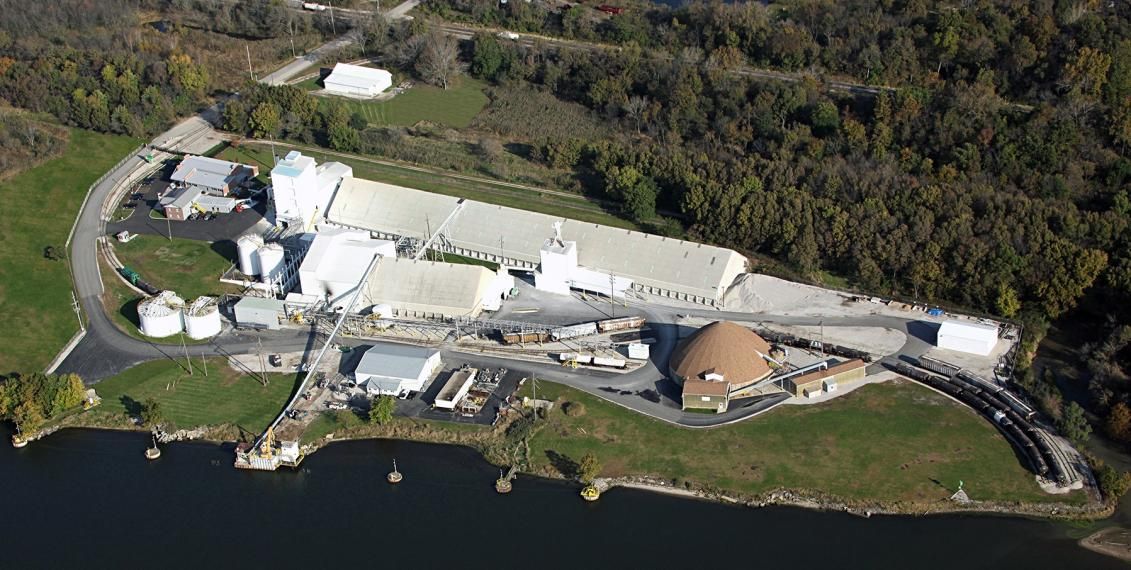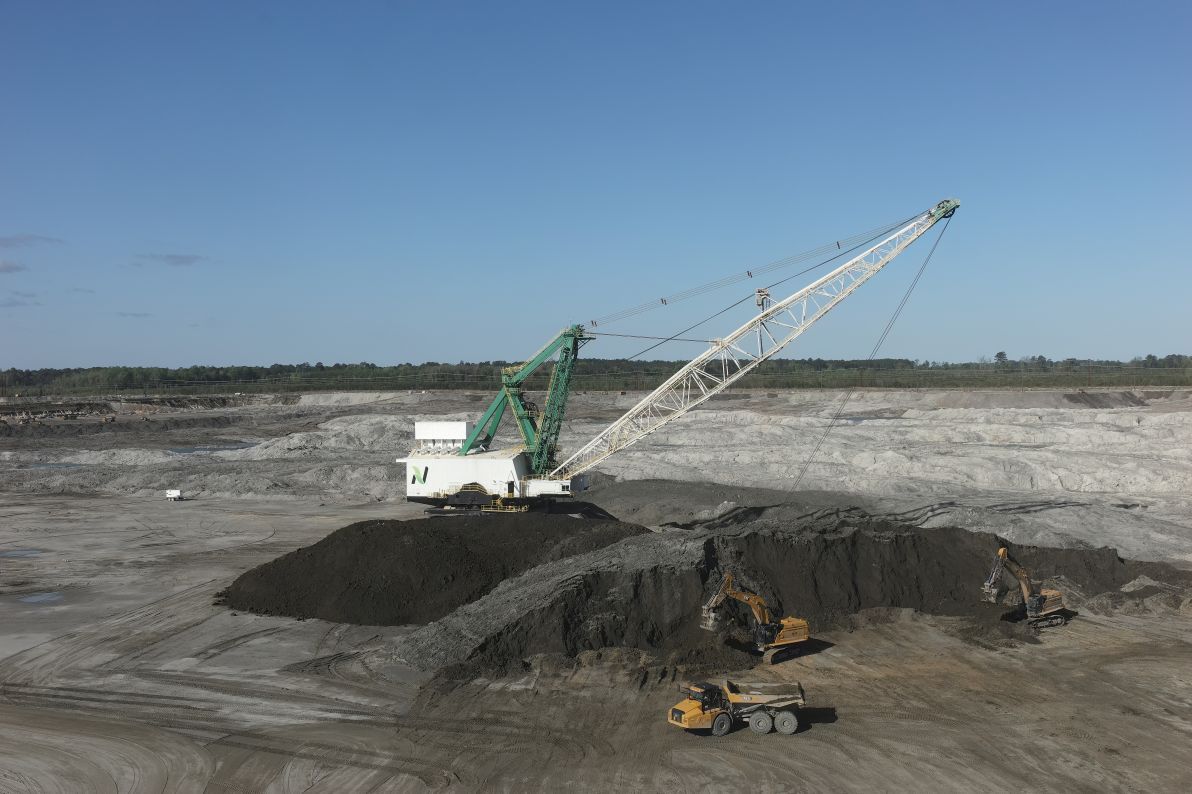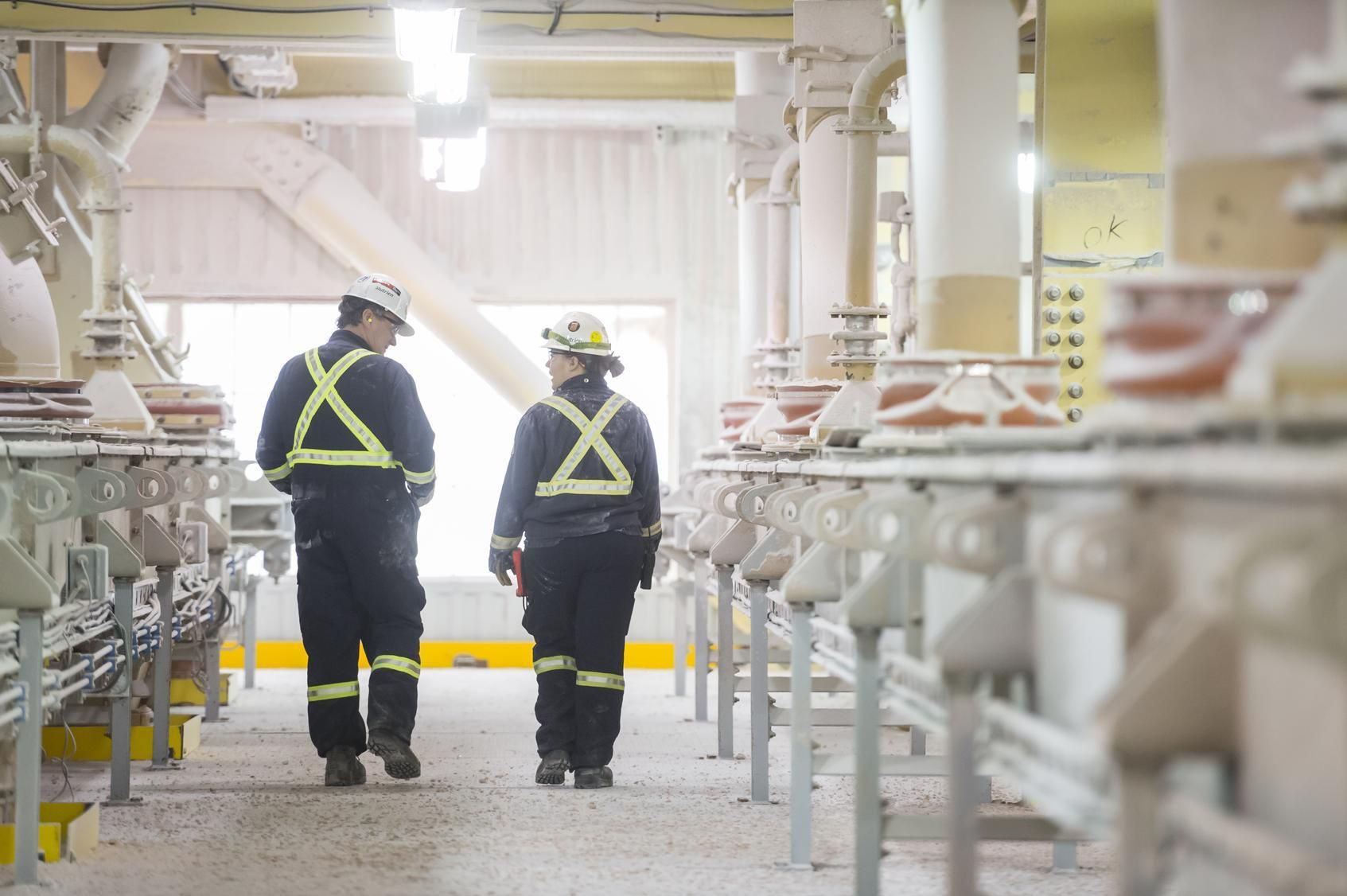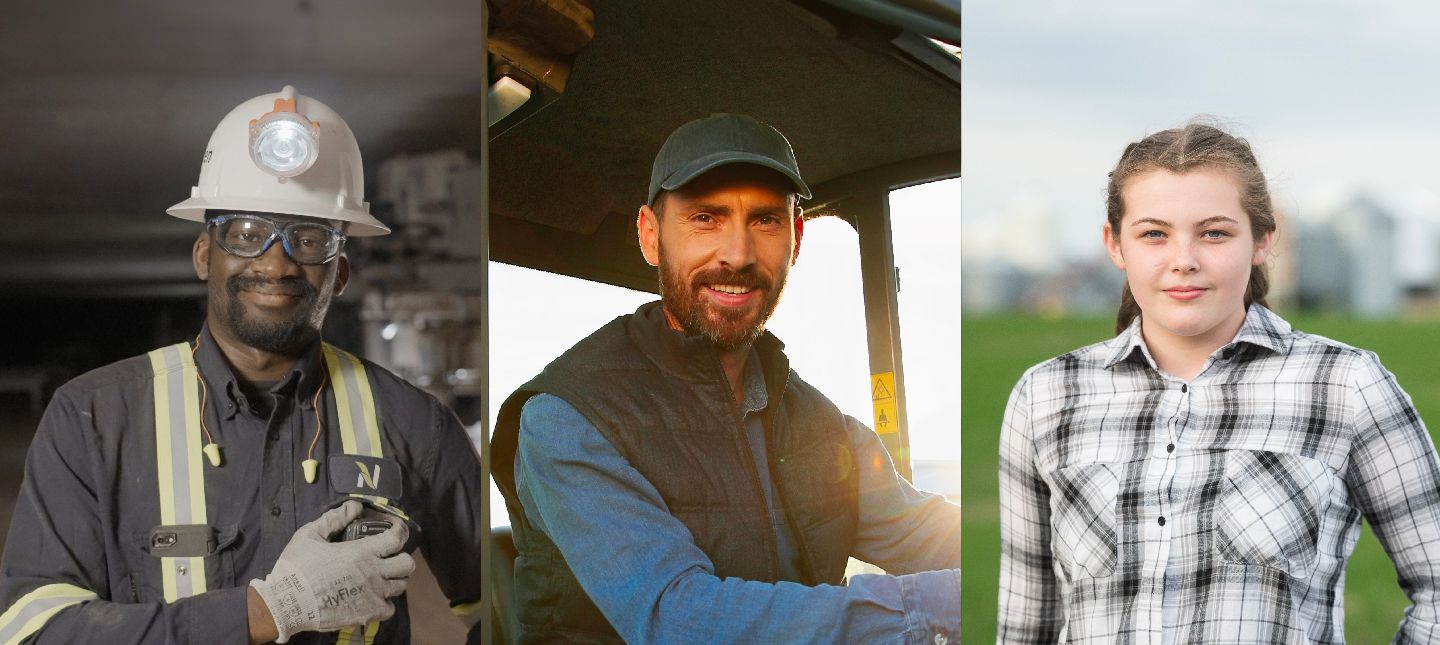
Behind-the-scenes look at our Marseilles animal feed facility
At Nutrien’s phosphate animal feed site in Marseilles, Illinois, our purpose is clear: Feeding the Future.
With the global population expected to reach 10 billion people by 2050, the need to sustainably feed a growing world has never been more important, and phosphorus plays an essential role in that. It is a fundamental element found in every living cell and a cornerstone for maximizing crop yields and upholding the health of both humans and animals.
When it comes to animals, Nutrien’s high-quality feed phosphates take center stage in various food mixtures for livestock and household pets alike. Just as with humans, phosphate plays a pivotal role in the development of strong bones and teeth in animals. This is particularly vital in animals to prevent skeletal disorders, while bolstering their immune system and enabling them to better fend off diseases.
"Whether it be for farm animals, pets or even zoo animals, the right balance of phosphate in animals' diets promotes longevity and enhances their quality of life, helping them to stay active and free from nutritional deficiencies, says Richard Leach, General Manager of Nutrien's feed operations at the Marseilles facility. “We're proud of the role we play in ensuring healthy animals and thriving farms."
That commitment goes beyond providing essential nutrition -- ongoing success comes from collaboration. “We work closely with our customers to achieve optimal results, taking the time to thoroughly understand their needs,” says Adam Proctor, Senior Sales Director for feed products at Nutrien. “It's this dedication to quality and consistency that keeps our customers returning. They appreciate the quality of our products, but equally important, customers rely on our robust distribution network, not only in North America, but around the world."
Check out this video to learn more about our feed production process, quality control measures, and worldwide distribution network. At Marseilles, we're Feeding the Future in more ways than you might expect, supporting the nutrition and health of animals around the world.
Related stories


